Written by | Diagnostic Expert
After updating the data on Cummins vehicles, high temperatures often occur, mostly due to incorrect fan control calibration. The calibration of electronic control fans involves multiple steps and is prone to errors. Here, I have prepared a video tutorial for everyone; please watch it carefully, as all the essential information is in the video.
All knowledge points are in the video
↓↓↓↓↓↓-Click to Watch-↓↓↓↓↓↓
Click to Watch the Video↓↓↓
This is a Foton Auman equipped with a Cummins electronic control unit. It requires calibration of the fan type. Enter the ECU calibration and select“Fan Control”.
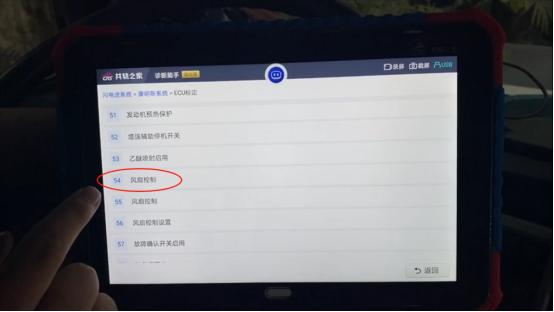
We will provide a detailed explanation of fan calibration. First, select the first option“Fan Control”
There are two options for fan control:“Enable” and “Disable”.
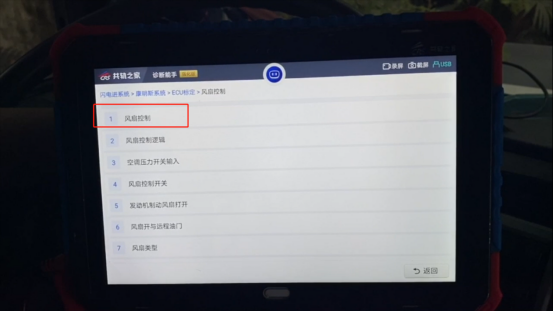
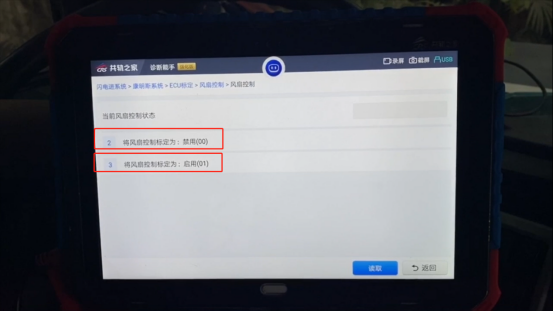
First, read to ensure the ECU is in control of the fan. If it shows “Enable”, then the fan belongs to the electronic control type.
After selecting “Disable”, the ECU will no longer control the fan. (If you want to lock the fan without reporting fault codes, you can use this method). If you select “Disable”, then other calibration items for the fan will not be available.
The second item:“Fan Control Logic”
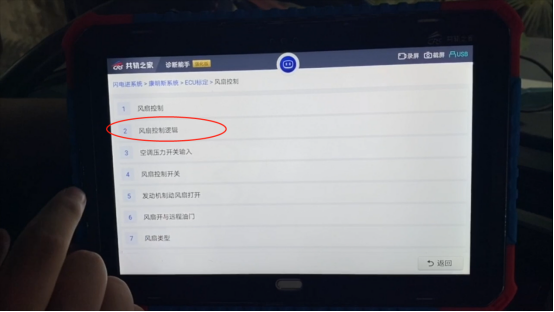
Here you can see two types of control logic calibration: “12v/24v power on; 0v power on”.
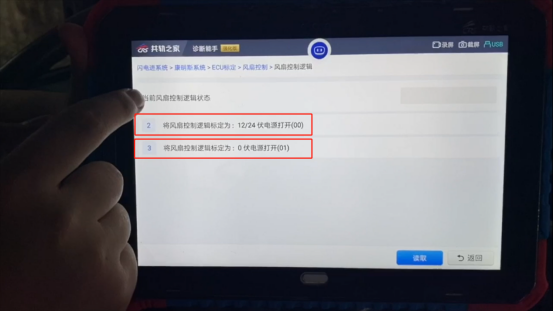
Let’s focus on these two calibration functions:
First, let’s discuss“12v/24v power on” principle. This type of fan is normally closed.
Working Principle: When the control line provides a 12v or 24v battery voltage, the relay engages and starts working, which throws the silicone oil into the silicone oil chamber, causing the fan to work.
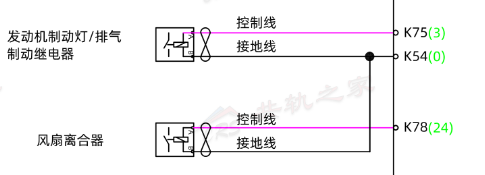
Now, let’s talk about the normally open fan, which is“0v power on”. This control logic is somewhat special. You can refer to the normally open measuring unit. You can look at the above image, but the control line no longer outputs 24v voltage.
Working Principle: When powered off, it remains open. When the 24v power supply is cut off, the relay disengages, at which point the ECU defaults to the electromagnetic fan starting to work (the relay does not work when engaged), throwing the silicone oil into the silicone oil chamber, causing the fan to start working. (The normally open measuring unit has a principle where the smaller the current, the larger the opening, with a somewhat similar control logic).
All knowledge points are in the video
↓↓↓↓↓↓-Click to Watch-↓↓↓↓↓↓
Click to Watch the Video↓↓↓
Look at the types of fans. After entering, you can see many types of fans. You need to calibrate according to the type of fan on your vehicle.
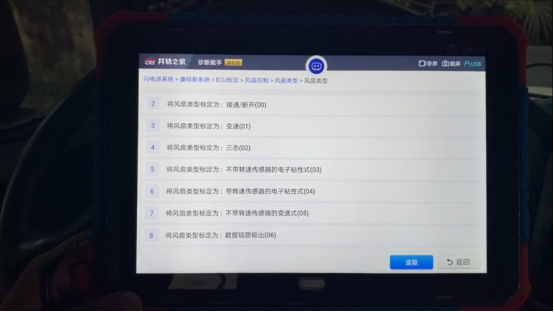
Finally, let’s look at the cooling temperature when the fan switch is on. This setting determines when the fan will turn on when the water temperature reaches the current value.
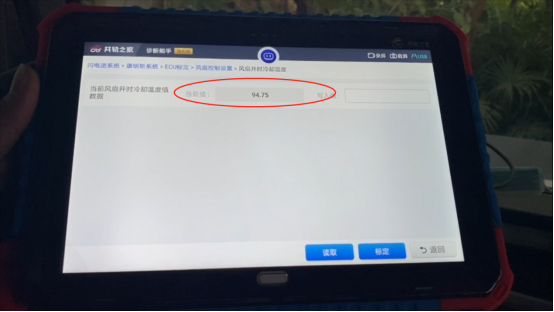
Here you can set the temperature condition for the fan to turn on earlier by entering a smaller value, allowing the fan to start cooling more promptly.
Due to changes in the operating environment and conditions of the vehicle, the engine temperature changes constantly. Adjusting the engine cooling system becomes particularly necessary. For example, in summer, when the engine operates at low speeds and high loads, and the coolant temperature is very high, the fan should run at high speed to increase cooling airflow and enhance heat dissipation capability. In contrast, in cold winter, it becomes meaningless for the fan to continue working when the coolant temperature is low.
Not only does this waste engine power, but it also generates significant noise. Especially in northern climates, where the cold period lasts longer, if the engine cooling fan runs continuously, it results in wasted effort, and the fuel consumed will be a severe waste. Therefore, whether it is a silicone oil clutch or an electronic control clutch fan, it is not recommended to keep it locked in this state.
Now let’s introduce the types of fans:
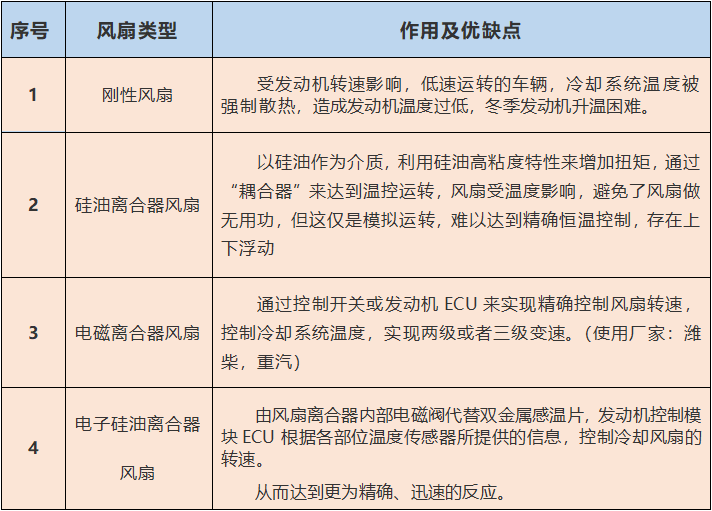
The wiring connection of the electromagnetic clutch fan (Bosch EDC17 electronic control version)
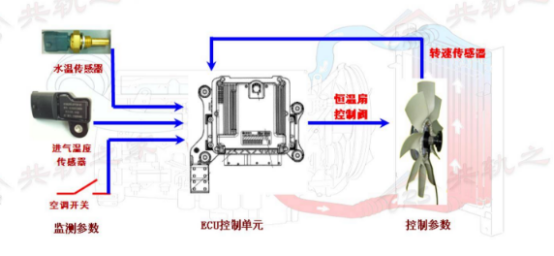
The action process of the electromagnetic clutch during operation:

This concludes today’s knowledge sharing.
Don’t go yet; please vote!
What kind of exciting content would you like to see next?
Thank you for your support; please follow us!
Learn more repair technology content
Click “Read the Original” for more discounts!


















